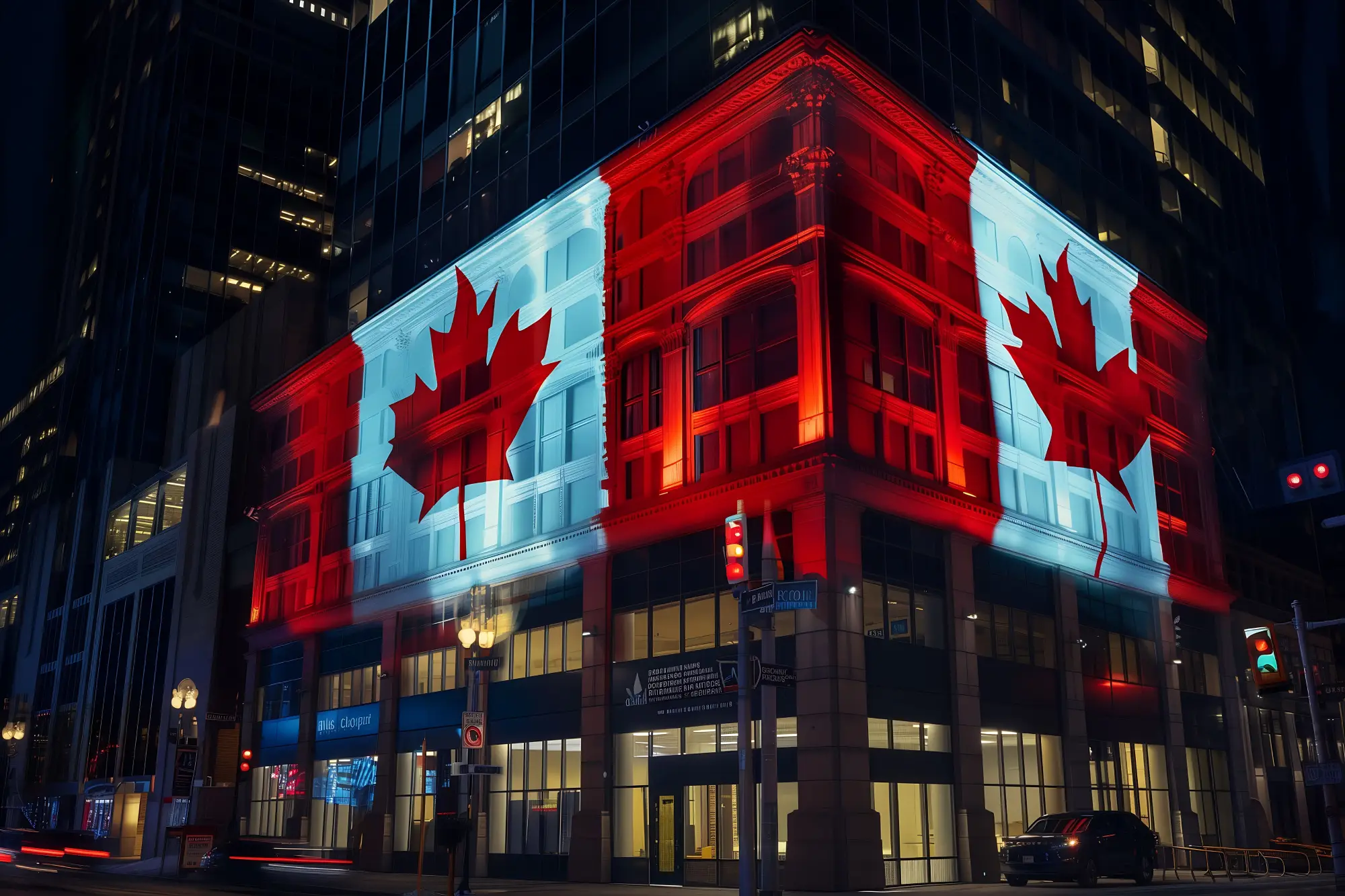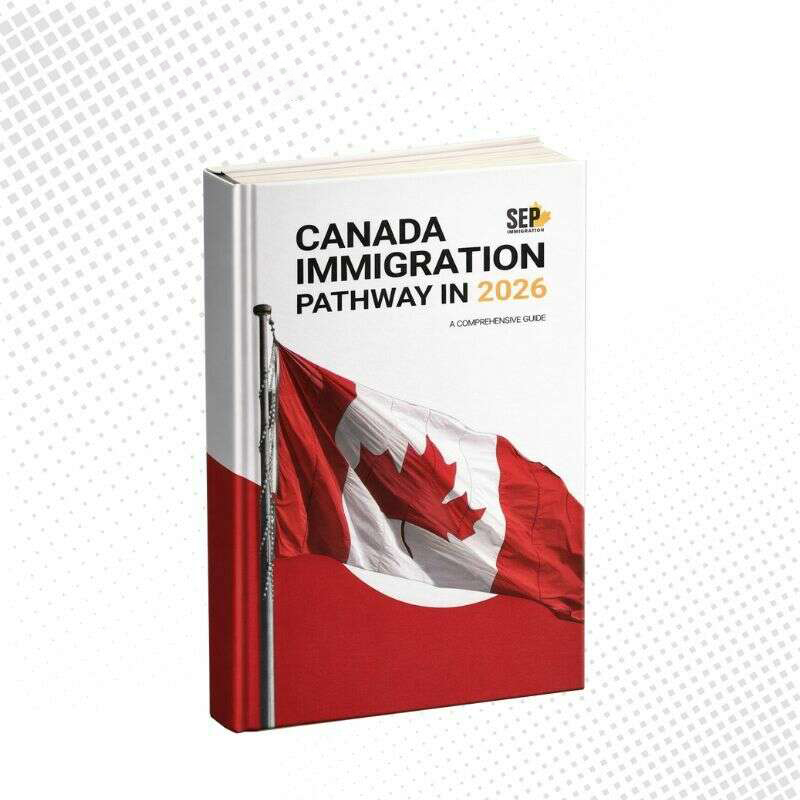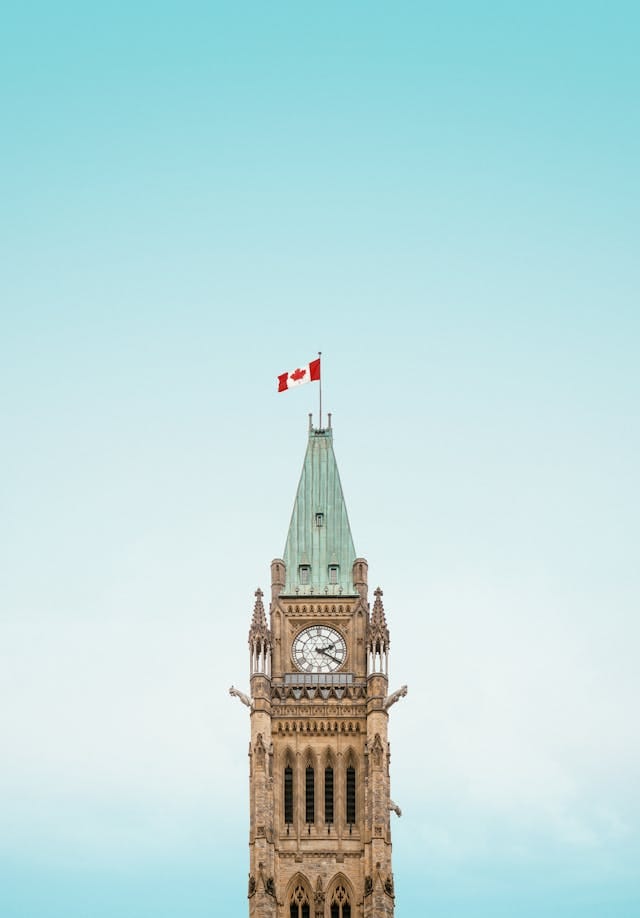Canada offers protection to individuals who fear persecution or serious harm in their home countries. This system exists to recognize genuine need and give people a chance to live safely. Understanding how it works can help applicants feel more prepared and confident.
Table of Contents
ToggleWhat Is Refugee Protection?
Refugee protection is a legal process that allows people to seek safety when returning home is not an option. It is grounded in international law, including the 1951 Refugee Convention. The goal is simple: to prevent people from facing danger, harm, or discrimination.
Refugee protection can take different forms. Some applicants are recognized as convention refugees because they face persecution due to their race, religion, nationality, political beliefs, or social group. Others qualify as persons in need of protection if they are at risk of torture, cruel treatment, or death.
Who Qualifies for Refugee Protection in Canada?
Not everyone who arrives in Canada can automatically claim protection. Eligibility is determined carefully by the authorities. Convention refugees must show a well-founded fear of persecution in their home country. Persons in need of protection need to demonstrate serious risks to their life or safety if returned.
Some individuals cannot apply, including those who have already been refused refugee status in Canada or come from countries considered safe. Each case is examined on its own merits, and even small details can make a significant difference.

How to Apply for Refugee Protection in Canada
There are two main ways to apply. One is at a port of entry, such as an airport or land border. Another is an inland application if someone is already in Canada.
Applicants must complete forms, submit identification, and provide a clear explanation of the risks they face. The process also involves interviews and hearings with the Refugee Protection Division. These hearings allow claimants to tell their story, answer questions, and show evidence of the threats they face.
Rights and Benefits of Refugee Protection
Once a claim is accepted, individuals can live and work in Canada legally. They may receive healthcare and access to social assistance programs while settling in the country. Refugee protection also opens the door to applying for permanent residency, offering a path to stability and community.
Even during the process, applicants have certain rights. They can remain in Canada while their claim is assessed, and they can seek legal advice to support their case. This protection allows people to start rebuilding their lives without fear of immediate removal.

Immigration Refugees and Citizenship Canada
Immigration, Refugees, and Citizenship Canada (IRCC) plays an essential role in managing refugee claims and ensuring claimants receive proper guidance throughout the process. IRCC officers, present at border crossings and immigration offices, will guide you through filling out the appropriate application forms.
They are responsible for collecting biometric data, including your fingerprints and photographs. The IRCC officers will then decide whether your refugee claim is eligible for referral to the IRB. If your claim is deemed eligible, it moves forward, and you will be notified. IRCC ensures you receive important documents like the RPCD and guides you through the medical exams needed for permits.
If you’re waiting for a decision on your refugee claim, IRCC provides work and study permit options. Refugees can apply for a work permit either at the port of entry or through an online request, but it will only be issued after you’ve completed a required medical examination.
The same process applies for study permits, though these must be applied for separately. IRCC ensures claimants can continue with their lives while waiting for a final decision on their refugee status.

How Are Refugees Treated in Canada?
Canada offers substantial support to refugees while their cases are being processed. Upon receiving the Refugee Protection Claimant Document, refugees gain access to the Interim Federal Health Program (IFHP), which provides coverage for basic healthcare needs.
Refugees can also apply for work permits, which allow them to seek employment during the processing period. While waiting for a decision, refugees are given access to various social services, including temporary housing, legal assistance, and language training. These programs are aimed at helping refugees integrate into Canadian society while awaiting a final decision on their status.
Additionally, refugees in Canada benefit from support networks provided by various non-governmental organizations (NGOs) and community groups. These organizations offer assistance with day-to-day needs, helping refugees adjust to life in a new country.
This support can include help with finding housing, enrolling children in schools, and navigating local services. Refugees who are waiting for their case to be processed can rest assured that they are receiving essential services and are treated with dignity and respect.

FAQ
Can Refugees Legally Work in Canada?
Yes, refugees in Canada can legally work while their claims are being processed. They need to apply for a work permit, either at the port of entry or online, and will receive it after completing their medical exams.





